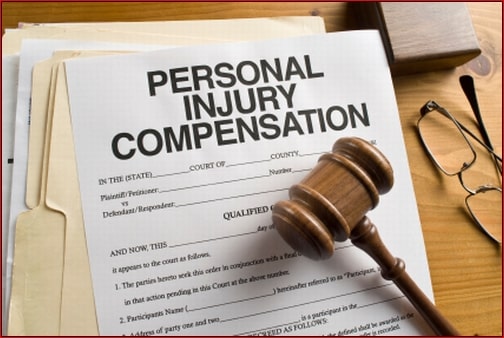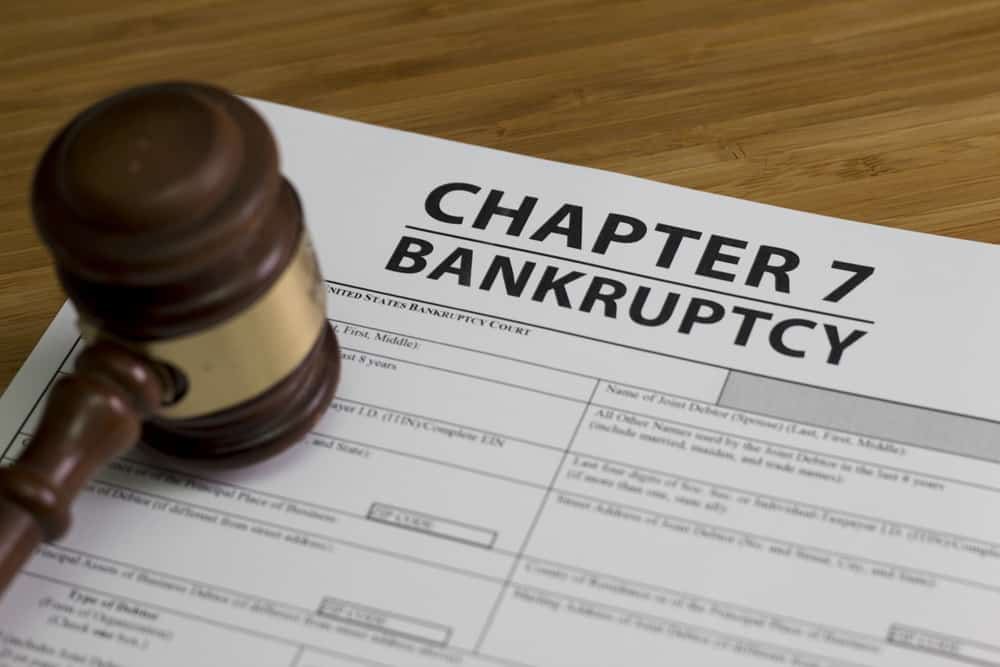By: Jeffrey J. Carey and Marin A. Carey
Our first responders face armed suspects, often alone, and run into burning buildings to protect life and property. Too often, the risks they assume are not fully respected by the public, safety equipment vendors, and even the public agencies that employ them.
First responders rely on a broad range of equipment in life threatening situations. To do their job, they must believe that their equipment will function properly when needed.

Respiratory Protection for Firefighters during Overhaul Operations Operational Field Assessment Report February 2019 (DHS)
From the boots they wear, to the respirator masks that protect their lungs, to the radio systems that allow them to receive and deliver important information, every first responder should have the peace of mind to know that their equipment is without potential faults or failures introduced by the negligence of the manufacturer. The malfunction theory is an aspect of products liability law that insures that in the case of harm due to a piece of defective equipment, the company is held responsible for their negligence.

Project Responder 5, August 2017 (DHS)
In very general terms, products liability law allows the consumer to assume that the products they are using are safe for their intended purpose. Products liability law has evolved since the expansion of the industrial processes in the early 1900’s. It grew out of a disregard for safety by major corporations and the recognized need to ensure that they acted with due care.
In an ordinary negligence suit you must prove that the company that harmed you had a duty to you, breached that duty in some way, and that your damage was the result of that negligence. Products liability law, at its core, simply assumes that the manufacturer was not negligent and acted with due care to make a safe product. As these manufacturers get further removed from their ultimate consumers, there arose a need for strict liability law for manufacturers. There was a belief that negligence law could not adequately address the many problems that arose in the manufacturer and consumer relationship and it was then that courts began to shift away from negligence law by assuming safe conduct by the company. This change in burden of proof allowed the introduction of circumstantial evidence which proves that the equipment did not perform its intended function. This tilting of the system in favor of the end consumer causes manufacturers to self-regulate to ensure that they are not acting negligently, which has led to safer products.
A leading twentieth century tort law scholar, Prosser, has informed much of what is today’s products liability law. His core principle was that a consumer is entitled “to maximum protection at the hands of someone… and that the producer, practically and morally, was the one to provide it” What then follows is case law which defined the ways in which the fact of defect is proven.
The Malfunction Theory of products liability states that a plaintiff may establish a prima facie case by providing evidence of the nature of a product’s malfunction, under circumstances that give rise to an inference that the malfunction would not have occurred absent a defect existing at the time of sale. The plaintiff can prove a product defect with evidence of the occurrence of a malfunction, and with evidence eliminating abnormal use and responsible, secondary causes for the malfunction. This evidentiary standard is essential to ensuring that if there is a malfunction with fire safety equipment, there is a process of being able to hold the manufacturer responsible.
In a case of surviving family members of a deceased firefighter, who died when a valve in his mask and his immobility warning alarm failed, his survivors brought wrongful death action against Survivair Respirators, Inc., They were the manufacturer of the air mask and alarm device that failed to properly activate, and the family alleged that malfunction in the equipment caused the firefighter’s death. In this case, there were many key witnesses who alleged that the air mask valve had malfunctioned on their devices in a similar manner to that of the deceased. In this case, it was the very equipment that was meant to be keeping the fireman safe that caused the unanticipated risk and subsequent deaths.

Survivair Mask. Representative image only.
The Malfunction Theory could be used in this case because multiple firefighters also had stuck valves which they could only clear by taking off their mask and gloves. The Malfunction Theory also allowed the introduction of evidence that his fellow firefighters were searching for him and were close enough for him to hear his PASS alarm but did not hear it sound. According to the case file,” [the] manufacturer had received complaints from several fire departments about similar malfunctions, the manufacturer’s officers knew that a stuck valve could be life-threatening if experienced in a fire, manufacturer made no recall of the masks and did not plan to, and manufacturer was aware of the cause for alarm device failures but had not attempted to take corrective measures. In this case, the manufacturer was held liable and was made to pay damages of $27 million to the family members.
Firefighters and police alike rely heavily on their radio systems in a variety of situations. Recently, there were a number of tragic deaths at a commercial fire in Houston Texas. In a fire, equipment is often destroyed or damaged beyond examination. With radio systems in particular, radio equipment manufacturers like Motorola, BK Technologies, and Harris do not simply sell radios. They sell complex mechanical and software driven systems with multiple parts that must all work together properly to get tone and get the message through.
Radio systems have many different parts and systems that all work together to communicate with responders and firemen and other public servicemen, but when a malfunction occurs in a part of this system, it can have far-reaching impacts. Radios themselves are programmed with firmware that is released by the manufacturers and often introduces bugs. If there was negligence by a radio provider in failing to contemplate how the changes they introduce into something as simple as the radio’s code plug may interact with other system components, they could have potentially put hundreds or more lives at risk. The sheer complexity of these systems and poor documentation of configurations, furthermore, makes precise proof of why the firefighter could not get tone or receive an emergency warning difficult. In cases where the equipment that should be keeping our first responders safe fails due to negligence on the part of the manufacturer, the Malfunction Theory is a necessary tool of law to hold companies accountable for the harm they have caused.
In summation, in the case of negligence or clearly defective safety equipment, the Malfunction Theory can be used in a variety of ways to prove responsibility. Due to the nature of firefighter and other first responder equipment, direct proof of product defect may not always be an option. In that case Malfunction Theory the use of circumstantial evidence to prove defect is and can be appropriate where other causes of the malfunction theory can be excluded. It is also work noting that it is appropriate to hold manufacturers strictly liable, and using the Malfunction Theory as defense, those who have been hurt or injured due to a fault in their equipment at the cause of the manufacturer, you may be entitled to financial compensation.
Jeffrey J. Carey was lead liability counsel on a case filed in Jackson County Missouri against Motorola Solutions, Inc. for alleged radio system defects. He has been practicing in the area of tort and products liability law for over twenty years and has taught continuing legal education and published on a wide variety of tort topics.
Marin A. Carey is a college junior studying environmental policy. She contributed to the writing of this article.
 Google Plus
Google Plus



 M
M